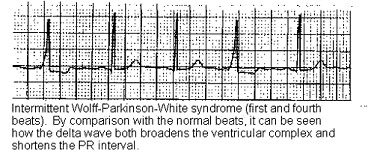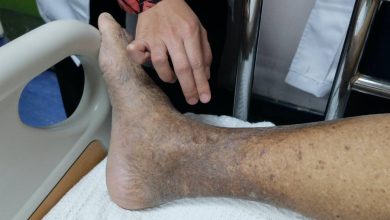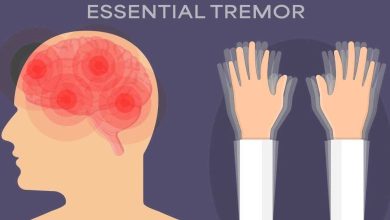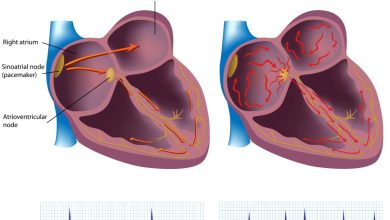Wolff-Parkinson-White Syndrome Symptoms, Causes, Diagnosis and Treatment

What Is Wolff-Parkinson-White Syndrome?
WPW (Wolff-Parkinson-White) syndrome is a specific abnormal type of the electrical heart system. In this disease, there is a specific electrocardiogram pattern (known as WPW pattern) which is linked to the rapid heart rates episode, for example: atrial fibrillation and SVT (supraventricular tachycardia). Wolff-Parkinson-White (WPW) syndrome is a curable condition of health. Also, WPW syndrome is stated as pre-excited syndrome.
This syndrome may influence every age; however, usually it is established in adolescents, children, as well as youngsters.
What Are The Causes Of Wolff-Parkinson-White Syndrome?
In our heart, there is an internal electrical wiring important for correct blood pumping to the complete body. However, there is an abnormal wire present additionally. This connection may responsible for short-circuiting which causes the very fast heartbeat. This initiates abnormal testing of ECG with rapid heart rate rhythms known as SVT/supraventricular tachycardia. A notable thing is the presence of a cardiac arrhythmia, for instance; supraventricular tachycardia may occur due to conditions of heart that aren’t due to WPW syndrome.
What Are The Symptoms Of Wolff-Parkinson-White Syndrome?
The Wolff-Parkinson-White syndrome affected Individuals can suffer from:
- Palpitations,
- Rapid heart rates,
- Difficulty breathing,
- Lightheadedness,
- Loss of consciousness
Majorly, these above-mentioned symptoms are present suddenly, as well as, they aren’t linked with the alarming signs. Particularly, no particular dramatic activators, such as,
- Caffeine,
- Alcohol,
- Exercise
- They are responsible to cause the racing heart.
How Is Wolff-Parkinson-White Syndrome Diagnosed?
Wolff-Parkinson-White or WPW syndrome is easily diagnosed after the presence of particular WPW syndrome pattern seen on an electrocardiogram is associated to a rapid heart rate episodes. The pattern of Wolff-Parkinson-White is a combination of short interval of PR along with a delta wave. Usually, the rapid rate of heart episode is from SVT/supraventricular tachycardia. Most importantly, the SVT presence might present due to other common types of short-circuiting, which are necessarily not related to WPW syndrome, such as or AVNRT (AV nodal reentrant tachycardia) or atrial flutter.
What Is The Treatment For Wolff-Parkinson-White Syndrome?
There are number of treatments available for the Wolff-Parkinson-White or WPW syndrome management. With no symptoms, in the people majorly, no particular quick treatment is required. Even though, if or when doubtful symptoms for a rapid heart rate episode produced, a study of cardiac electrophysiology is commended. Minimally, a study of cardiac electrophysiology is an aggressive surgical operation. In this, there is a special insertion of wires in the legs within the veins are utilized to calculate the electrical heart activity. With the help of this procedure, importantly, the connection might identify, as well as, can be ablated or eradicated. Permanently, a powerful procedure of extra connection ablation is required to treat every type of Wolff-Parkinson-White symptoms, consisting of the sudden death risk. Ultimately, in several conditions, extra connection eradication isn’t possible for the safe performance or not required by the sufferer. After all, medications are also prescribed for the reduction of the rapid episodes’ frequency of heart rate.
By : Natural Health News




